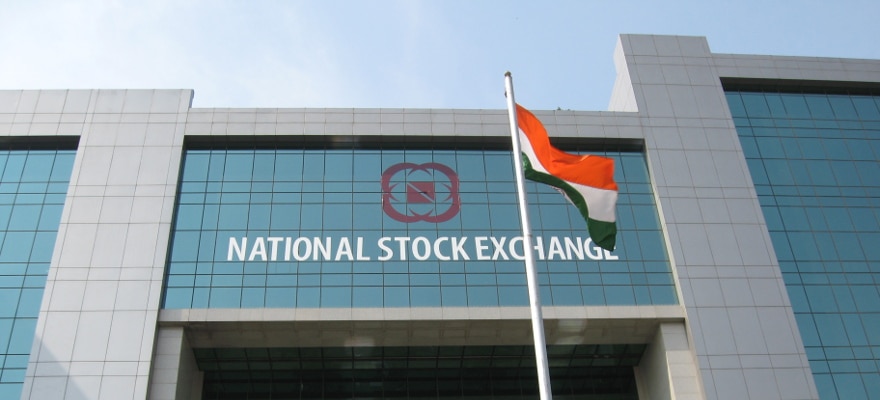Global stock exchanges and capital markets are all looking to bolster their overall transparency and supervision, with India’s regional exchanges joining the trend. The BSE Ltd and the National Stock Exchange of India Ltd are both facing such pressure to foster this initiative, with the country’s domestic regulatory authorities helping propagate such an agenda.
The new world of Online Trading , fintech and marketing – register now for the Finance Magnates Tel Aviv Conference, June 29th 2016.
Overall this has culminated in a diverse delisting ambition, which could see the axing of over 4,000 companies across the exchanges whose shares are not actively traded. India itself constitutes the world’s fourth-largest stock market – included under this mantle is upwards of 1,200 companies whose shares have been suspended from trading from each of the aforementioned exchanges, ultimately helping to shore up any inconsistencies or problematic listings for market participants.
This stance was reiterated by the Securities & Exchange Board of India (SEBI), which has been in favor of pushing such a purge. For its part, the regulator has made house cleaning one of its primary aims of 2016, as it has previously noted that including such a large number of listed companies is a hindrance and recipe for manipulation.
The recent stance also follows on the heels of a move back in January by the SEBI, after it tried to dwindle down illiquid stocks by allowing owners of smaller companies to go private – in this instance eligible companies had to have been trading less than 10% of its total shares in the previous 12 months.
Presently, the BSE itself has more than 5,400 companies listed, with the top 500 alone constituting 95% of the total market value, per a recent BSE report. Such an uneven distribution has created an impetus for some basic weeding out of less popular companies. The move to the private sector has already begun, though SEBI has not publicly stated what its goal of listings will be, post purge. For now, the mentality of addition by subtraction seems to be the prevailing consensus.


















